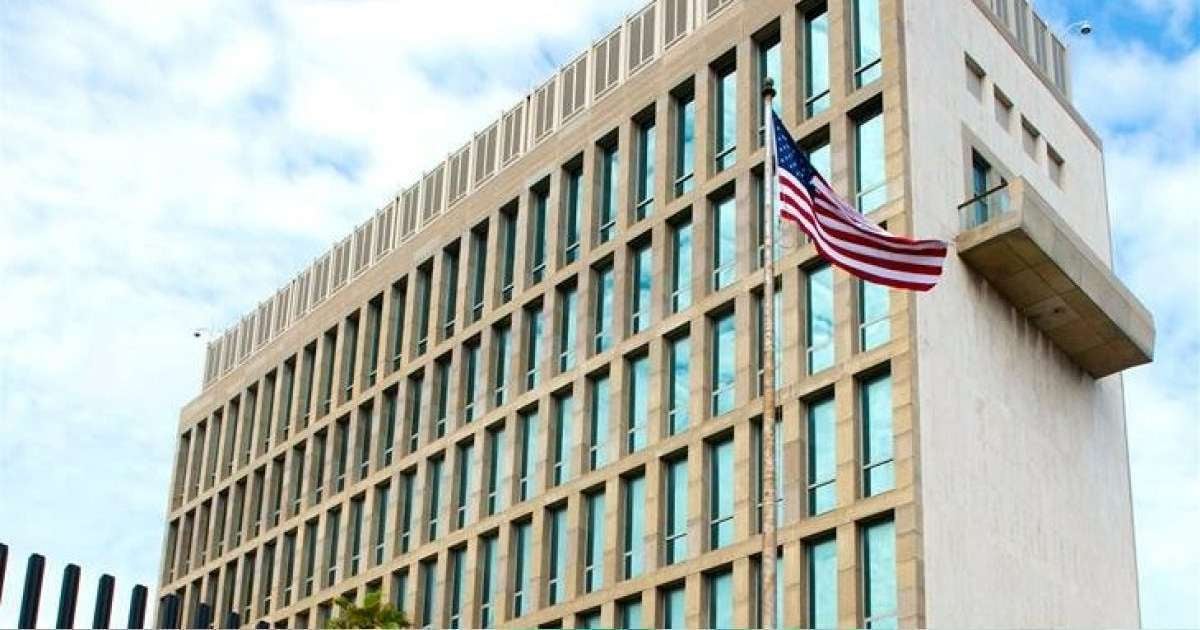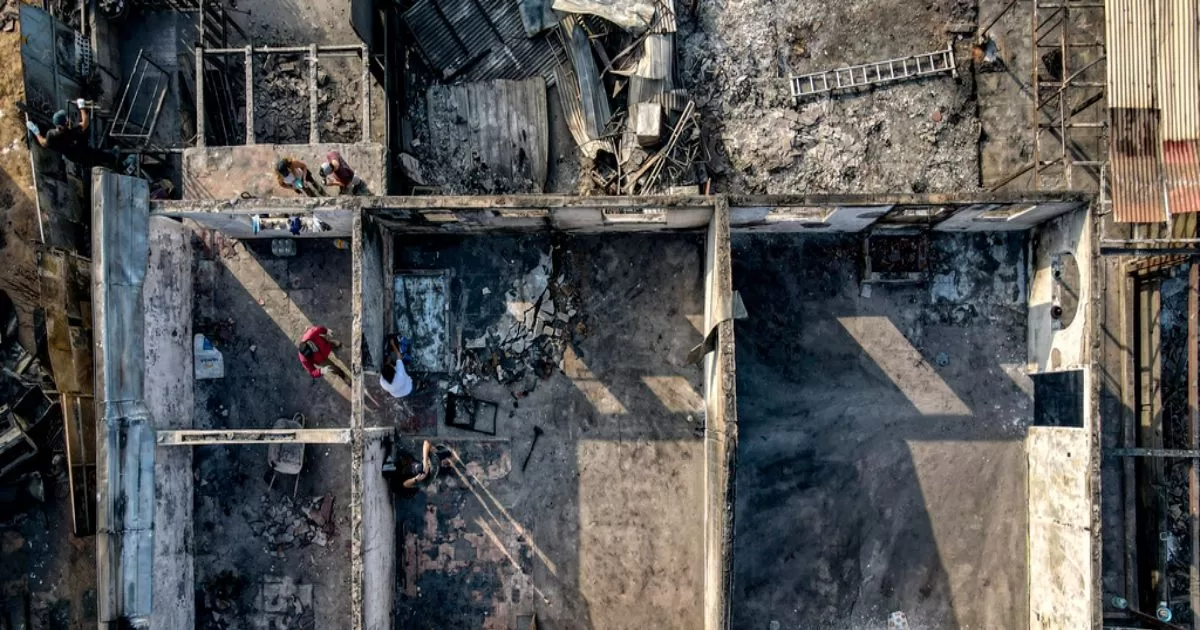Russia’s Wagner mercenary group already operates in neighboring Mali, and Russian President Vladimir Putin would like to expand his country’s influence in the region, though it was not yet clear whether the new military leaders would favor Moscow or retain partners. western Niger.
Days after mutinous soldiers ousted the elected president at the polls, uncertainty about the country’s future continued to grow, with some questioning the military junta’s motives for seizing control of the country.
The rioters said they ousted President Mohamed Bazoum, who was elected two years ago in the country’s first peaceful and democratic transfer of power since it gained independence from France, because he had failed to protect the country from rising jihadist violence. But some analysts and Nigeriens said that was just a pretext for an insurrection more related to internal power struggles than national security.
“Everyone wonders, why this coup? It’s because no one expected it. We could not expect a coup in Niger because there is no social, political or security situation that would justify the military taking power,” Professor Amad Hassane Boubacar, who teaches at the University of Niamey, told The Associated Press.
He said Bazoum wanted to replace the head of the presidential guard, General Abdourahmane Tchiani, who also uses the name Omar and now commands the country. Tchiani was loyal to Bazoum’s predecessor, which led to the disagreements, Boubacar said. The AP could not independently verify his explanation.
Although the security situation in Niger is poor, it is still less precarious than in neighboring Burkina Faso or Mali. All three countries are fighting an Islamic insurgency associated with al Qaeda and the Islamic State group. Niger was the only one of the three countries where violence subsided last year, according to the Armed Conflict Location & Event Data Project.
Niger was seen as the West’s only reliable partner in efforts to combat jihadists in Africa’s Sahel region, where Russia and Western countries battle for influence in the fight against extremism. France has 1,500 soldiers in the country conducting joint operations with the Nigerians, while the United States and other countries have contributed to the training of Nigerian troops.
Some of those who attended Sunday’s march also warned regional bodies that have condemned the coup to stay out. “I would also like to say to the European Union, the African Union and ECOWAS, please, please, stay out of our business,” said Oumar Barou Moussa, who was at the rally.
“It is time for us to take our lives, work for ourselves. It’s time we talked about our freedom. We must stick together, we must work together, we need our true independence,” she said.
Conflict experts say of all the countries in the region, Niger has the most at stake given the millions of dollars in military assistance it has received from the international community. US Secretary of State Antony Blinken said Niger’s security and economic agreements with the United States depend on the release of Bazoum, who remains under house arrest, and the “immediate restoration of democratic order in Niger.”
France suspended all development aid and other financial aid to Niger on Saturday, the foreign ministry said in a statement. “France demands an immediate return to constitutional order, under President Mohamed Bazoum, who was elected by the Nigeriens,” he said.
The countries of the region are trying to contain the effects of the coup and change the course of events.
The African Union has given the junta in Niger a 15-day ultimatum to reinstate the democratically elected government. The West African regional bloc, known as ECOWAS, was holding an emergency summit in Abuja, Nigeria.
However, in a televised address on Saturday, Brigadier General Mohamed Toumba, one of the soldiers who ousted Bazoum, accused the regional organization of plotting a “plan of aggression” against Niger and said he would fight back.
Experts in Niger said it was too early to tell how the situation would evolve.
“Tensions with the army continue. There could be another coup after this one, or a stronger intervention by ECOWAS, which could be with military force, although it is difficult to foresee exactly how that could happen and what form it could take,” said Tatiana Smirnova, a researcher at the Center FrancoPaix on missions. peace and conflict resolution.
“In addition, many actors try to negotiate, although the result is uncertain,” he said.
___
Associated Press writer Angela Charlton in Paris contributed to this report.
FOUNTAIN: Associated Press



